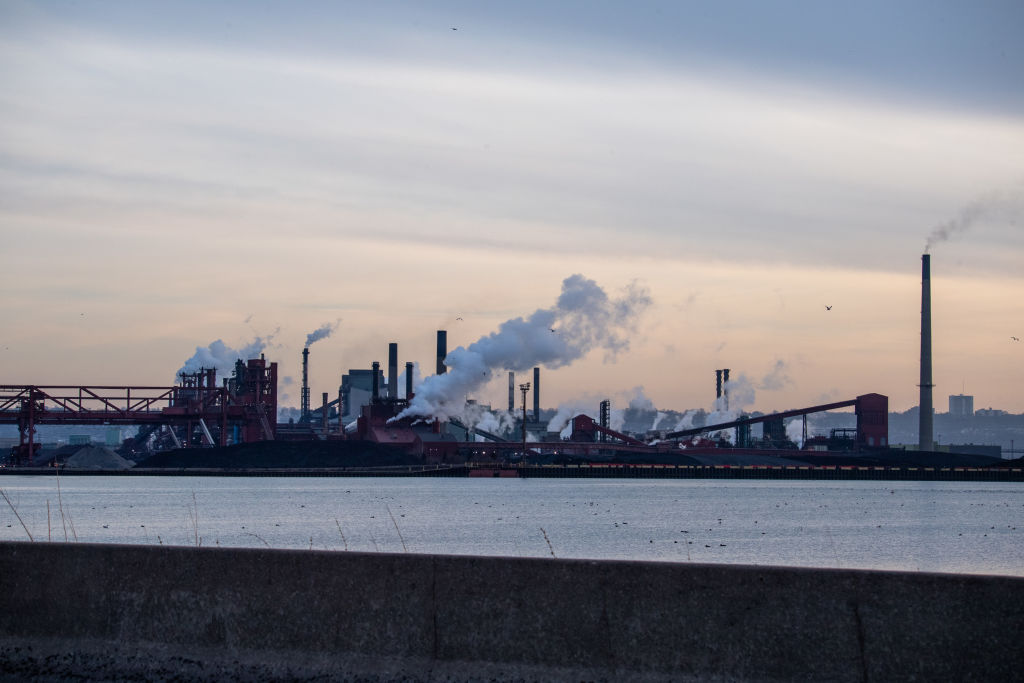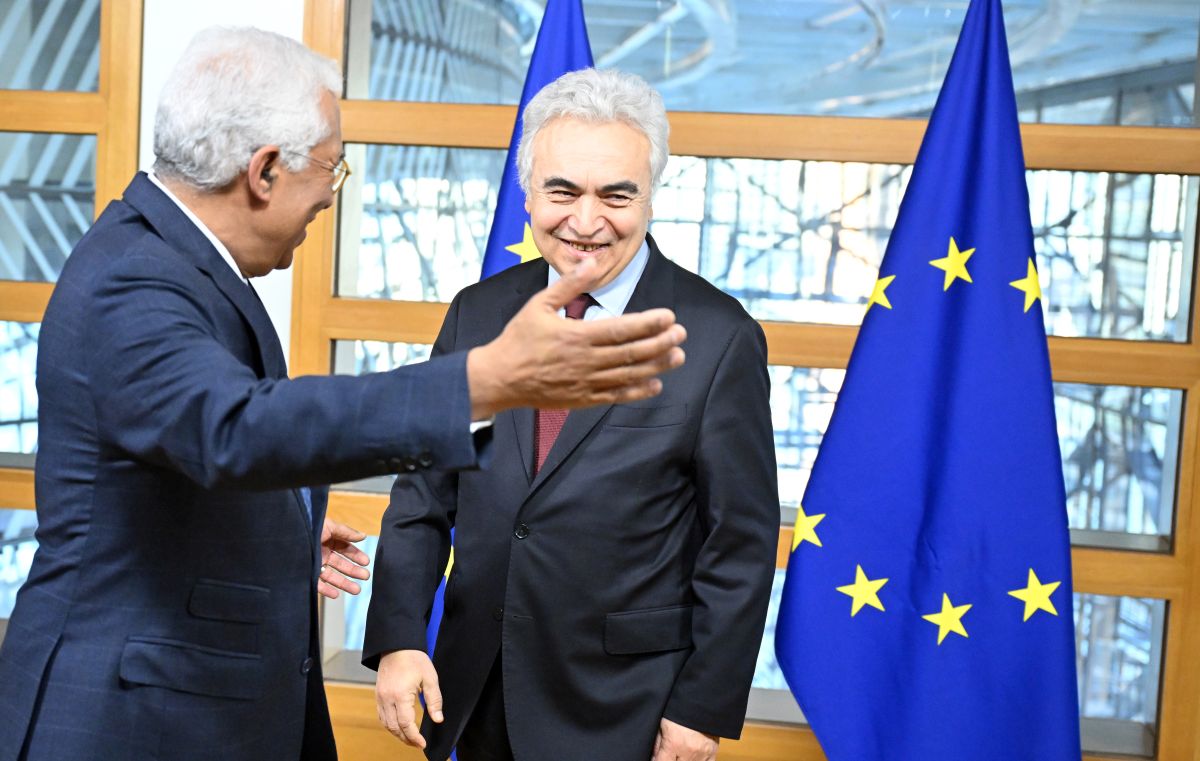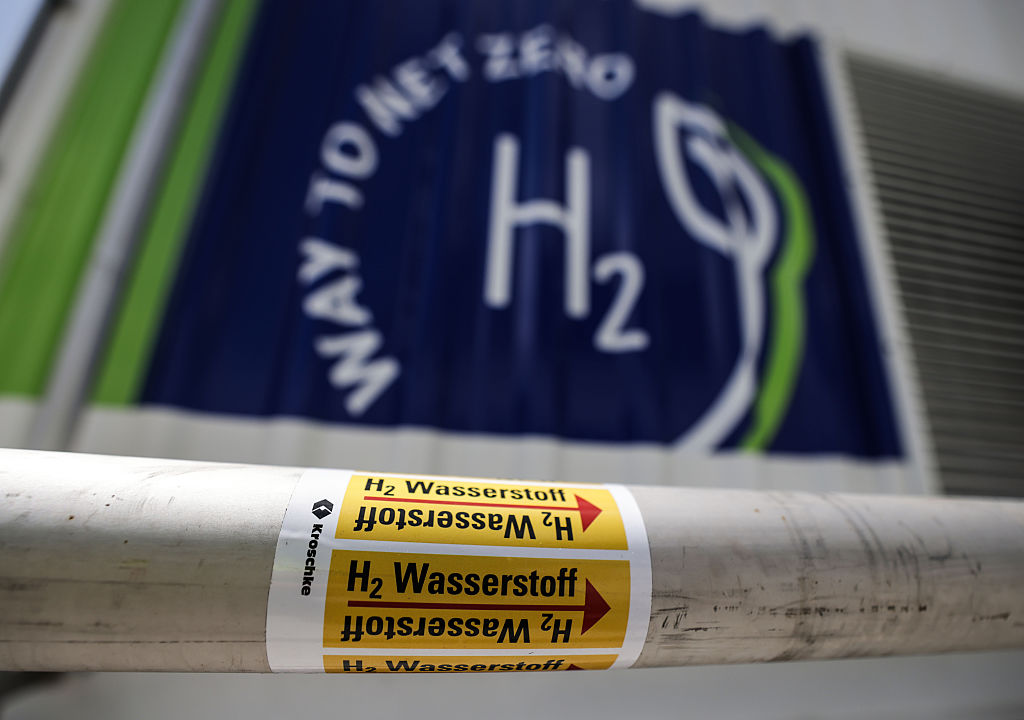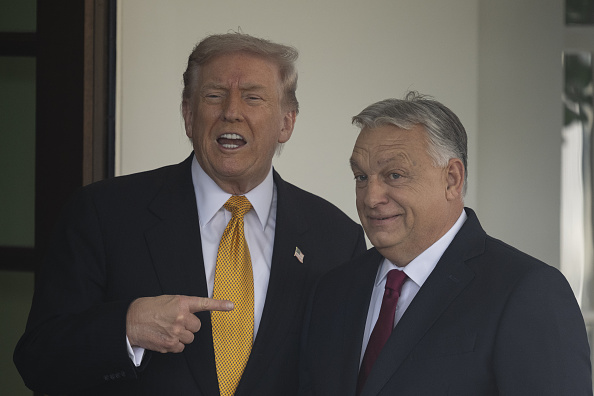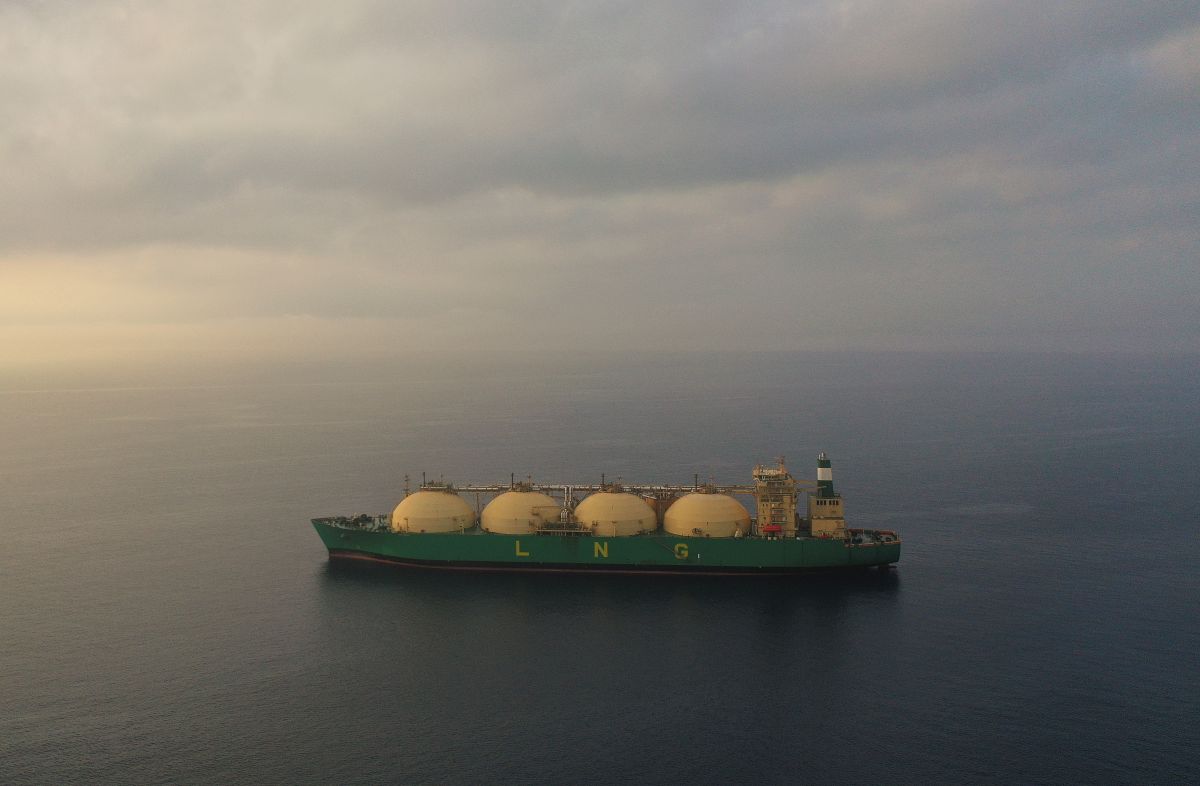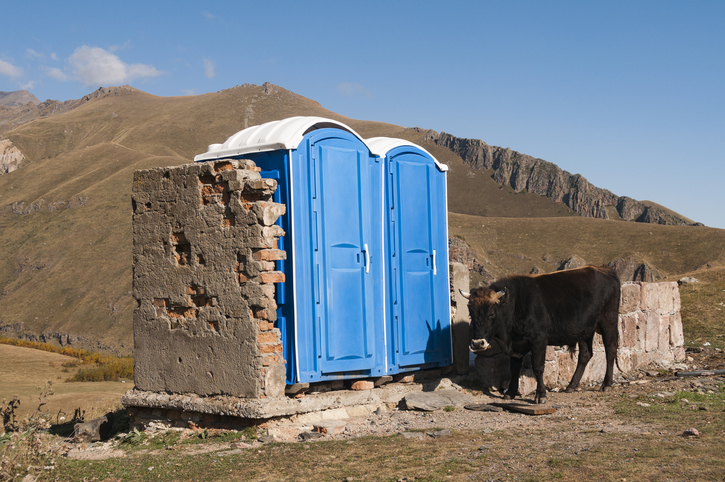Brussels' 2026 schedule reflects policy shift from green to lean
A first look at the EU executive’s plan for 2026 which will set the ground for the bloc’s energy and climate landscape through 2030
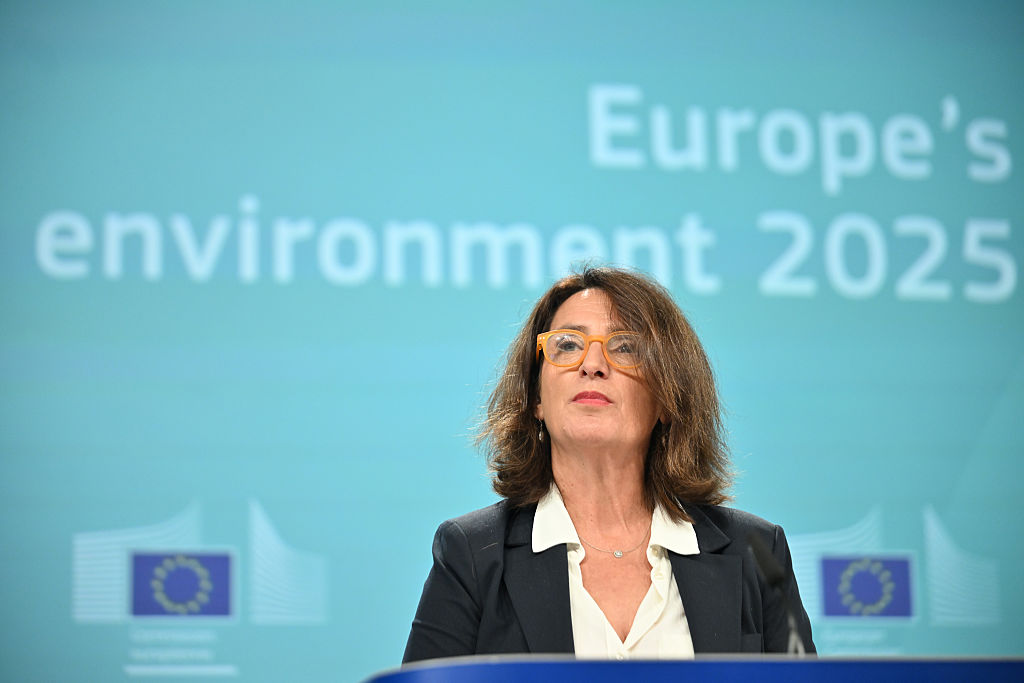
The European Commission’s work programme for 2026 is likely to reflect the shift from the Green Deal environmental and climate agenda of the first von der Leyen presidency to the pro-business Clean Industrial Deal era of the second, where boosting competitiveness is the primary aim.
The document, obtained by Euractiv and available here, weighs in at 30 pages. A summary follows of the key environment, energy and transport policy elements.
Environment
Top line: a reform of REACH, the bloc’s flagship chemical rulebook, will not be on the tableau for 2026, suggesting it is still expected this year.
But it doesn’t feature on the Commission’s latest provisional agenda, which runs to the end of November, and sources have told Euractiv that the EU executive is split between those who want to modernise the law, and those who want to water down or ‘simplify’ it.
The only other environment policy file on the 2026 timetable is the Circular Economy Act, promised for the third quarter of the year.
Energy
Electrification is the common thread running through most of the energy policy interventions slated for next year, from a dedicated ‘action plan’ scheduled for Q1 to a legal initiative aimed at “simplification of electrification processes” in Q3.
An overhaul of the bloc’s energy security framework is also expected by the end of Marc h – the Commission is pushing to unite gas and electricity security under one law.
A long-teased energy ‘omnibus’ – the EU executive’s term for thematic packages of proposals to ‘simplify’ EU regulations, will drop in Q3, and will contain an update of the overarching energy governance regulation, energy efficiency rules, CO2 infrastructure.
The draft schedule also promises an “update of the rules on renewable energy” – which could be the switch from the term “renewable” to “clean” as demanded by Paris, which in energy policy terms usually means there is a place for nuclear power or carbon capture and storage (CCS).
Climate
The EU emissions trading system (ETS) will be overhauled in Q3, with the rules on emissions reduction in sectors like agriculture, heating and road transport – in the Effort Sharing Regulation – to follow in the final quarter.
The troubled pillars of the EU’s climate framework are due to be aligned with the bloc’s 2040 climate target once agreed – as well as being brought into line with the new pro-industry perspective.
Recognising that whatever happens to laws on emissions reduction, there is a recognition that considerable damage has already been done in the shape of a climate adaption plan due in Q3.
(rh)

